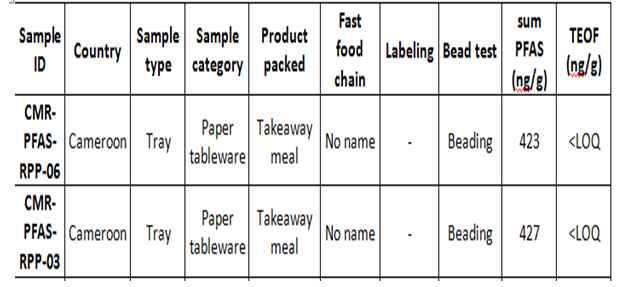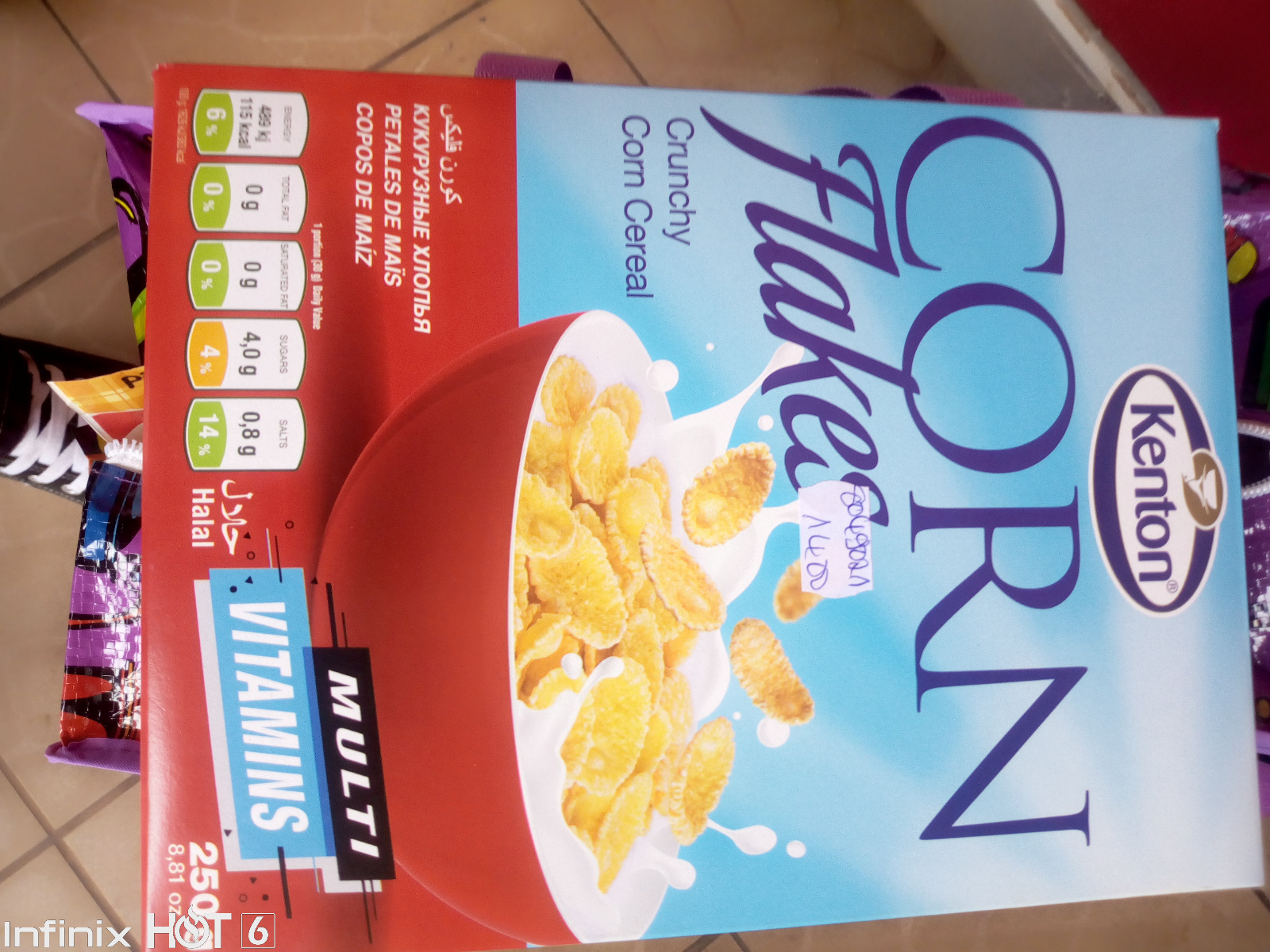Considered part of Persistent Organic Pollutants (POPs), PFAS (per- and poly-fluoroalkyl substances) are a large, complex group of synthetic chemicals used pervasive in consumer and professional products around the world, despite concerns around their health and environmental impacts. They are ingredients in various everyday products and materials. PFAS are commonly used by the paper-, pulp, and moulded fibre industry for producing disposable grease- and water-resistant, food packaging, in cookware, making clothes and carpets resistant to stains, and creating more effective firefighting foam and tableware items. Due to their grease-resistance properties, PFAS are widely used in baking paper and cupcake cups, bakery bags, fast-food and take-away containers, microwave popcorn bags, and compostable tableware. Generally, no information is provided about PFAS content in these types of products. PFAS molecules have a chain of linked carbon and fluorine atoms. Because the carbon-fluorine bond is one of the strongest; these chemicals do not degrade easily in the environment.

Humans are continuously exposed to PFAS from a wide range of sources. Food and drinking water have been established as the main exposure routes to PFAS. Studies conducted worldwide to assess PFAS use and unintentional use have shown PFAS contamination in paper, cardboard, plant-based, food packaging and tableware from 17 countries across Asia, Africa, Europe, Latin America and the Caribbean, and this has contributed to the achievement of the universal ban of all PFAS internationally. In Cameroon, the study carried out by the NGO Young Volunteers for Environment (YVE) Cameroon targets commercial companies where some of their food packaging samples were bought and sent to the approved laboratory for analysis. The result has shown the presence of PFAS at different rates in food packaging of takeaway meals, paper tableware and beading as shown in the table below. The result obtained was shared with the various companies’ concerns. Source: YVE Cameroon, 2022.

To eliminate these toxic chemicals in the environment, Cameroon signed and ratified the Stockholm Convention on Persistent Organic Pollutants (POPs) on 19 May 2001 and 26 May 2005 respectively. The country went further and submitted the instruments of ratification on 19 May 2009 and, in this regard, undertook to implement all the necessary means to ensure the respect and implementation of the provisions of this Convention and elaborated and validated its first National Implementation Plan (NIP) of the said Convention in December 2012. However, despite all these regulations put in place, there is no specific regulation on PFAS that is put in place, whereas PFAS have been used in food packaging which exposes consumers to cancer, infertility, heart diseases….

Thus it is really important that the Cameroon government should implement immediate restrictions on the use of PFAS, and fund projects to identify other products susceptible to containing PFAS; recommended NGO YVE Cameroon. Since people’s health is primordial, the concerned companies should avoid using these harmful toxic chemicals during the manufacture of their products. « Health has no price, hence consumers should stop consuming and using such products containing PFAS which is dangerous for their health and instead consume other products that do not contain PFAS »; said Blondel Silenou, the executive director of YVE Cameroon. The means through which we can touch or reach a maximum number of people is through media and as such media should through their various forms inform and sensitize the population of the negative effects of PFAS on our health and the different diseases we may contract when consuming such products.
Calixte BIKIE

